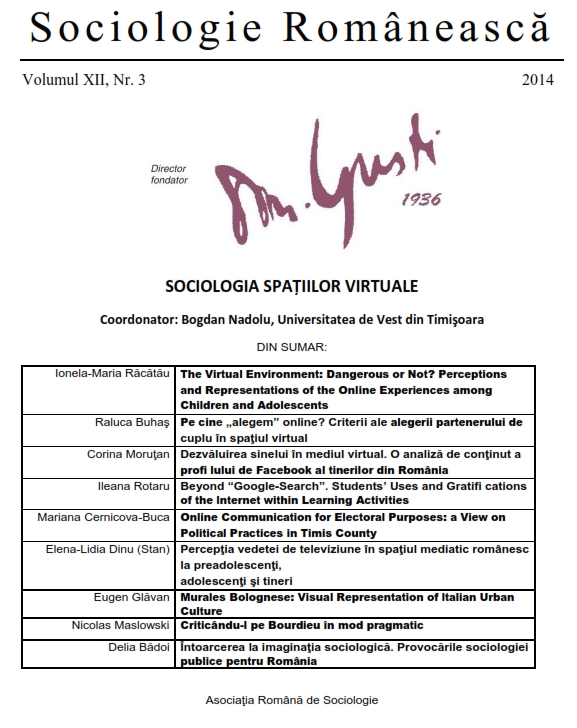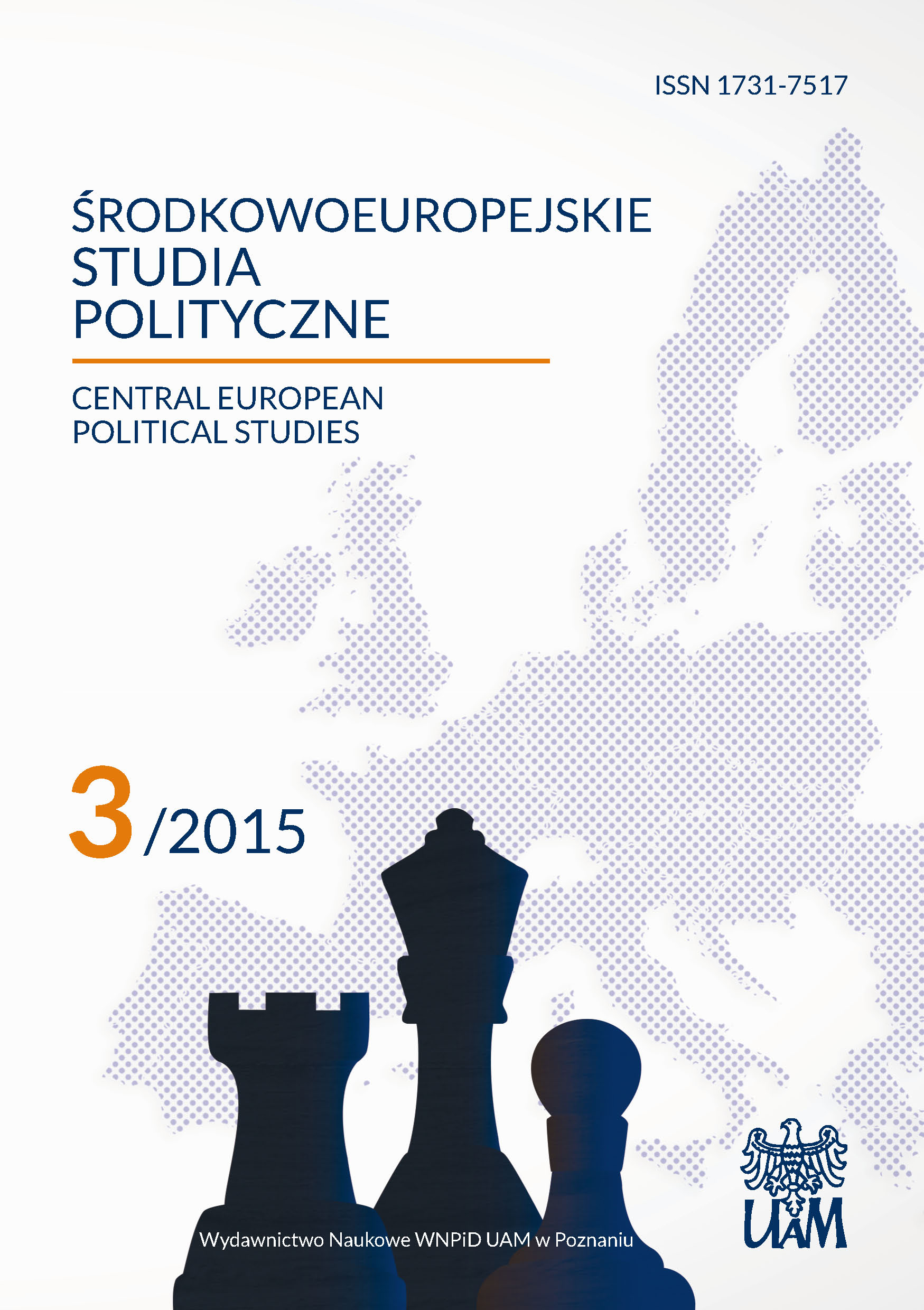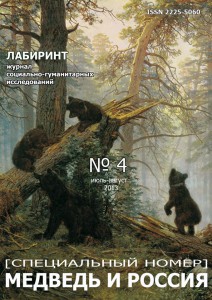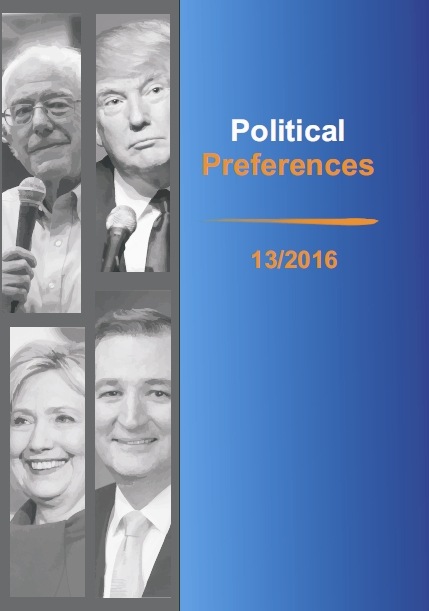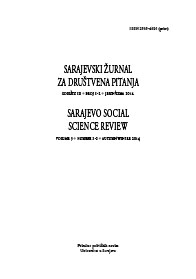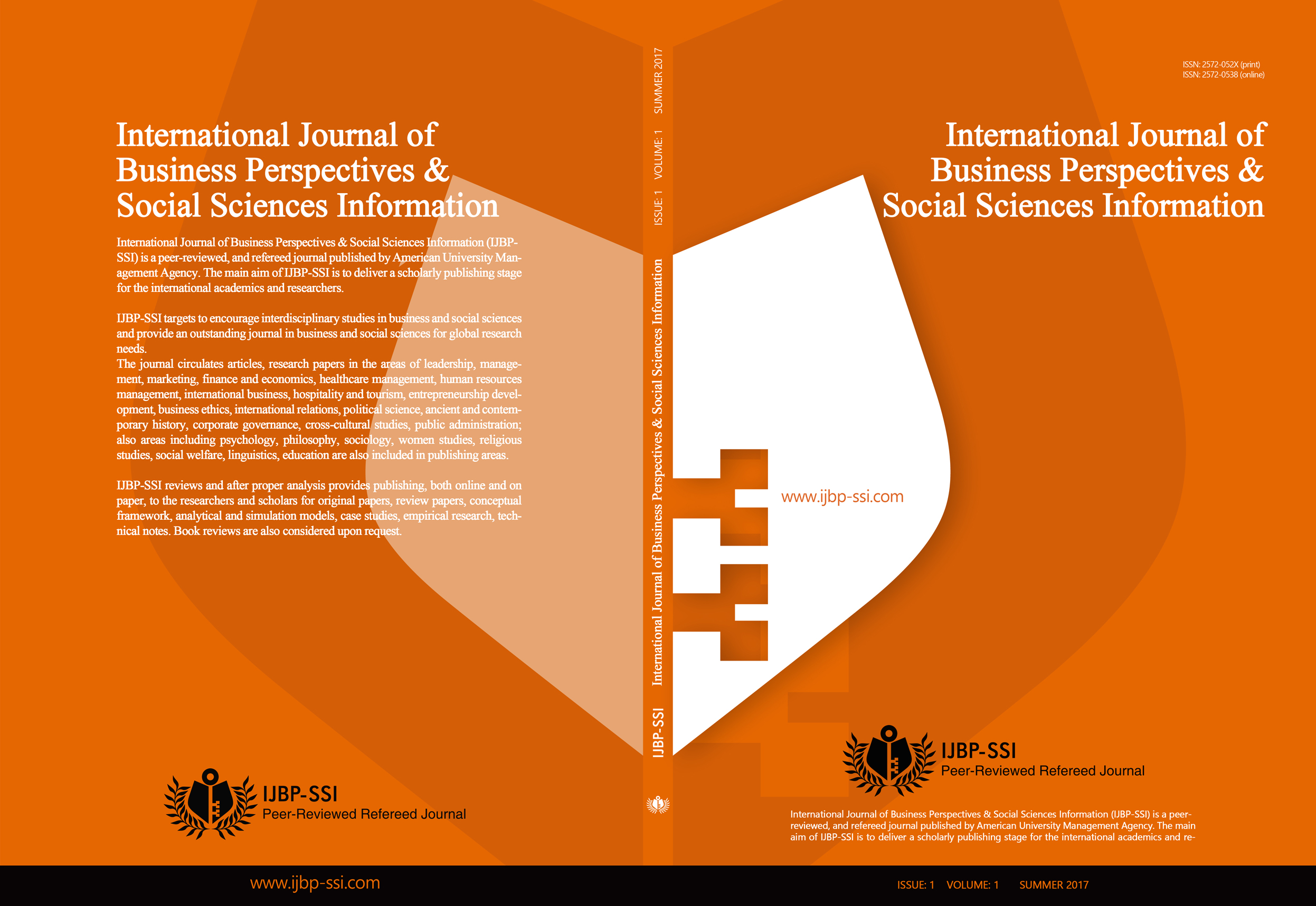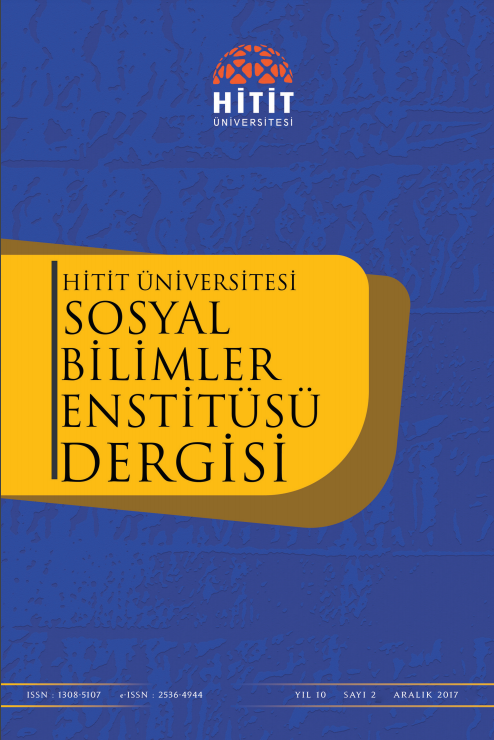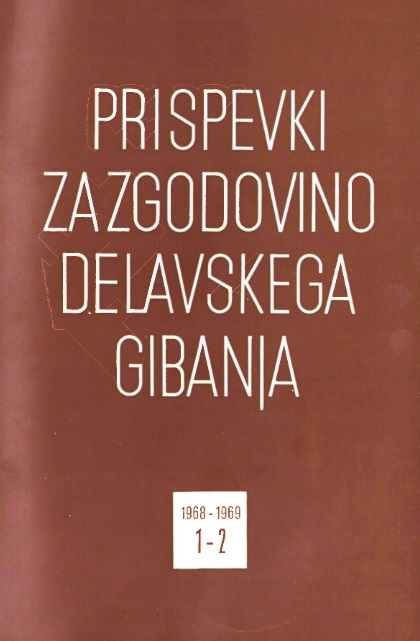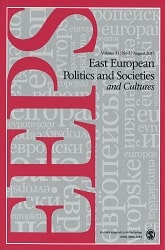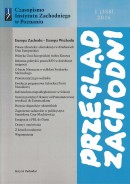
O byciu Niemcem w refleksji Fryderyka Nietzschego
Friedrich Nietzsche, whose thought has had considerable influence on many thinkers over the last one hundred years, criticized nationalism and anti-Semitism. Nietzsche`s analysis of national identity was complex, nuanced and ambivalent. He claimed that identity was composite, hybrid, always in the process of being constructed by various experiences and encounters. In his opinion national identity is more an average level of culture, a cultural artefact, than biological identity. His fancied Polish ancestry was supposedly a part of his anti-German attitude, as he despised the German culture of his times, which advocated nationalism and racial hatred. The myth about Nietzsche's Polish roots has been rejected. Nietzsche maintained that Europe proceeds towards unification. The division into states will disappear, since both the individual and society have to overcome their national heritage. As a result of mixing different cultures a new European race will emerge. The main goal of his project of Great Politics is a superman (Übermensch), who is a cosmopolitan, because it is impossible to define him in terms of nationality. In the future, an elite of supermen will rule over the masses.
More...
